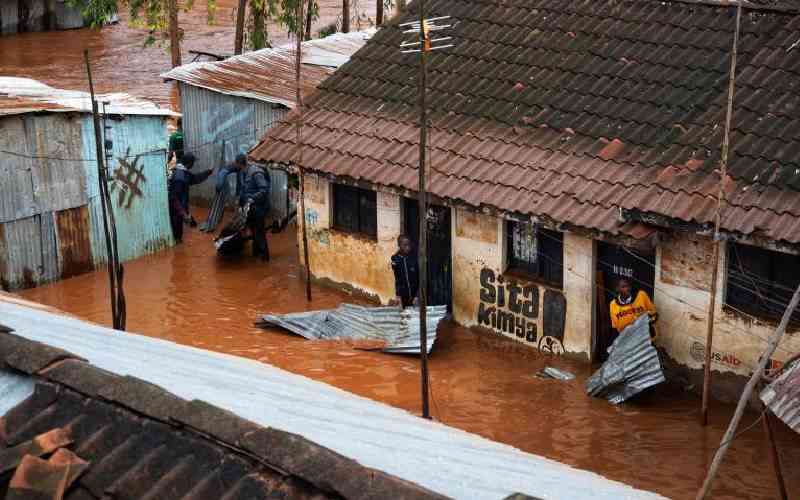
The frequency with which Kenyans are experiencing atrocious and traumatising flooding is alarming. In the last three weeks, my house has been flooded, damaging items and making us remain awake evacuating the water.
Regrettably and tragically, some Kenyans have died and many others rendered homeless and destitute. Animals, properties and domestic items worth billions have been damaged or lost and infrastructure constructed on unpaid loans is severely damaged because of persistent flooding caused by poor or inexistent drainage systems.